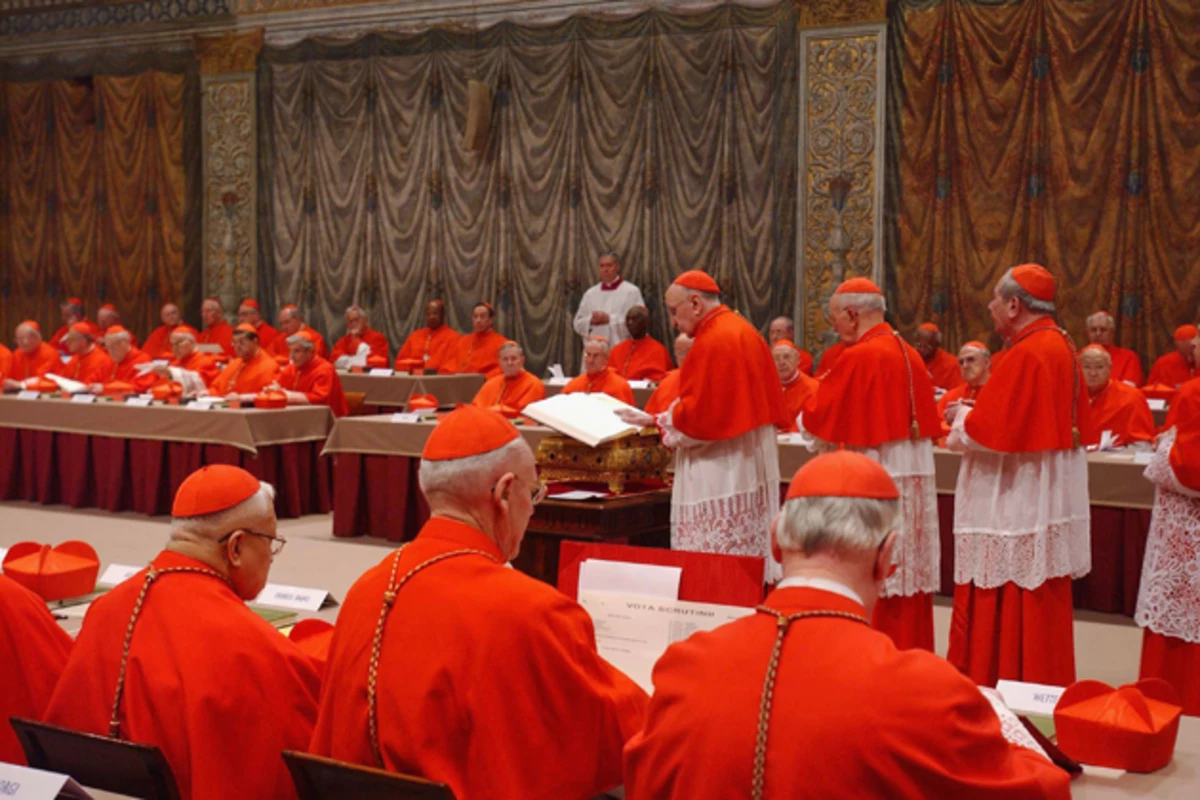Nine-Month Space Mission: Debunking The CBS News Report On Astronaut Holiday

Table of Contents
The Rigorous Reality of Nine-Month Space Missions
A nine-month space mission isn't a leisurely vacation; it's a grueling undertaking demanding years of preparation and unwavering dedication. Astronauts undergo intense physical and psychological training to withstand the extreme conditions of space.
- Extensive simulations replicating space conditions: Astronauts spend countless hours in simulated weightlessness, experiencing the effects of microgravity on their bodies and practicing emergency procedures.
- Months of rigorous physical fitness training: Maintaining physical fitness is crucial in space. Astronauts engage in strength training, cardiovascular exercises, and specialized drills to combat muscle atrophy and bone density loss.
- Psychological evaluations to assess stress tolerance: Long-duration space missions present significant psychological challenges. Astronauts undergo rigorous psychological evaluations to assess their ability to cope with isolation, confinement, and the pressures of a demanding work environment.
- Specialized training for mission-specific tasks: Training is tailored to the specific mission objectives. This might involve robotics operation, scientific experiment execution, spacewalk procedures, or spacecraft maintenance.
Continuous monitoring of astronauts’ health and performance is a cornerstone of mission success. Regular medical checkups, physiological data collection, and psychological assessments are carried out throughout the mission. Their daily schedule is meticulously planned, packed with scientific experiments, space station maintenance, and communication with ground control. These demanding daily routines of astronauts leave little room for unscheduled downtime.
Mission Parameters and Scheduling: No Room for Leisure?
Space missions are meticulously planned, with every minute accounted for. The highly structured nature of these missions leaves little flexibility for unscheduled breaks.
- Time-critical experiments requiring precise scheduling: Many scientific experiments have strict time windows for data collection, demanding precise scheduling and unwavering adherence to the mission timeline.
- Maintenance windows for vital equipment: Regular maintenance of the spacecraft and space station is critical for safety and operational efficiency. These tasks require dedicated time slots within the already packed schedule.
- Communication schedules with ground control: Regular communication with ground control is essential for mission monitoring, data transmission, and receiving instructions. These communications slots are pre-planned and crucial for mission success.
- Strict adherence to safety protocols: Spaceflight is inherently risky, requiring rigorous adherence to safety protocols at all times. Deviation from the planned schedule could jeopardize safety.
Altering the mission timeline presents significant logistical challenges. Limited resources, complex supply chains, and the sheer distance to Earth make rescheduling incredibly difficult and potentially unsafe. Effective resource management and space logistics are paramount, making unplanned "holidays" highly impractical.
Debunking the CBS News Report: Analyzing the Claims
The CBS News report on astronaut holidays requires critical analysis. We need to examine the source of the information and its credibility before accepting its claims.
- Examine the source of the information and its credibility: Was the information obtained from official sources, or is it based on anecdotal evidence or speculation? Tracing the origin of such claims is crucial for validation.
- Identify any inconsistencies or lack of evidence: Does the report present concrete evidence to support its claims? Are there any inconsistencies or contradictions within the report itself?
- Provide alternative interpretations or explanations: Can alternative interpretations or explanations account for the information presented in the report? Are there other factors that could be contributing to the claims?
Employing sound media analysis and fact-checking techniques is crucial to separating fact from fiction. Source verification is a fundamental aspect of responsible journalism, and this aspect seems to be lacking in the CBS report.
The Psychological Impact of Long-Duration Spaceflight
The mental health of astronauts is a significant concern in long-duration spaceflight. Isolation, confinement, and the intense pressure of the mission can take a toll.
- Isolation and confinement effects: The confined environment of a spacecraft can lead to feelings of isolation and claustrophobia, affecting mental well-being.
- Stress management techniques used by astronauts: Astronauts undergo extensive training in stress management techniques to help them cope with the challenges of spaceflight.
- Importance of crew cohesion and support: Strong crew cohesion and mutual support are crucial for maintaining morale and mental health during extended missions.
- Role of psychological support from ground control: Ground control plays a vital role in providing psychological support to astronauts through regular communication and monitoring.
Introducing unscheduled "holidays" could potentially exacerbate these psychological issues rather than alleviate them. Disrupting the carefully planned routine could increase stress and anxiety, potentially harming crew cohesion and overall mission performance. Understanding astronaut psychology and space psychology is vital to ensuring successful missions.
Conclusion
The rigorous nature of nine-month space missions, coupled with critical mission parameters and the inherent psychological challenges, makes the idea of scheduled "holidays" for astronauts highly improbable, if not impossible, based on our current understanding and technology. The CBS News report should be viewed with caution, requiring further evidence and verification. Learn more about the realities of long-duration spaceflight and the dedication of astronauts by researching further into credible sources on nine-month space missions and astronaut training. Continue to explore the challenges and triumphs of human space exploration, and approach sensationalized media reports with a critical and informed perspective.

Featured Posts
-
 Cleveland Guardians And New York Yankees Injury News April 21 23
May 11, 2025
Cleveland Guardians And New York Yankees Injury News April 21 23
May 11, 2025 -
 Nuclear Power Plant Construction Trumps Plans For Faster Development
May 11, 2025
Nuclear Power Plant Construction Trumps Plans For Faster Development
May 11, 2025 -
 Dance Track Ill House U Featuring Andrea Love Neal Mc Clellands Latest Release
May 11, 2025
Dance Track Ill House U Featuring Andrea Love Neal Mc Clellands Latest Release
May 11, 2025 -
 The Medieval Tale Of Merlin And Arthur A Book Cover Enigma
May 11, 2025
The Medieval Tale Of Merlin And Arthur A Book Cover Enigma
May 11, 2025 -
 The Next Pope Examining The Leading Candidates For The Papacy
May 11, 2025
The Next Pope Examining The Leading Candidates For The Papacy
May 11, 2025
